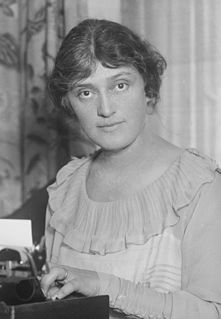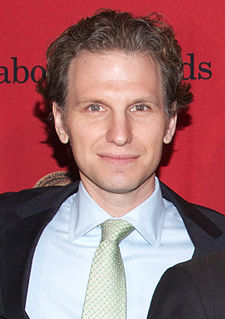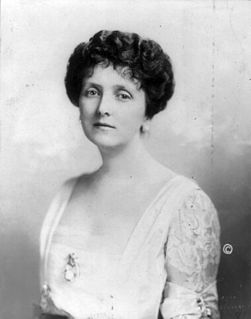A Quote by Alma Gluck
French is, in many ways, more difficult for an English-speaking person to sing. It is so full of complex and trying vowels. It requires the utmost subtlety.
Related Quotes
I've done many, many French movies and many, many English movies. I think it frees something when you don't talk in your mother language, but I also think you withdraw something as well. I'm a French actress, and sometimes I speak in English-speaking roles. For me, being an actress was always being a traveler. It goes together.
An important United Nations environmental conference went past 6:00 in the evening when the interpreters' contracted working conditions said they could leave. They left, abandoning the delegates unable to talk to each other in their native languages. The French head of the committee, who had insisted on speaking only in French throughout the week suddenly demonstrated the ability to speak excellent English with English-speaking delegates.
Most English speakers do not have the writer's short fuse about seeing or hearing their language brutalized. This is the main reason, I suspect, that English is becoming the world's universal tongue: English-speaking natives don't care how badly others speak English as long as they speak it. French, once considered likely to become the world's lingua franca, has lost popularity because those who are born speaking it reject this liberal attitude and become depressed, insulted or insufferable when their language is ill used.
There was never a choice to sing in English or French, that's the thing. We started a band and sang right away in English. You reproduce the thing you like, and most of the bands we liked were coming from England or the U.S. We also came to cherish the fact that there was no one in France singing in English -we were so happy Phoenix to be the first. Even if we are traitors to France, our country, which I'll never understand, because we talk about things that are very French.
You know, I was a kid who had difficulty speaking English when I first immigrated. But in my head, when I read a book, I spoke English perfectly. No one could correct my Spanish. And I think that I retreated to books as a way, you know, to be, like, masterful in a language that was really difficult for me for many years.



































